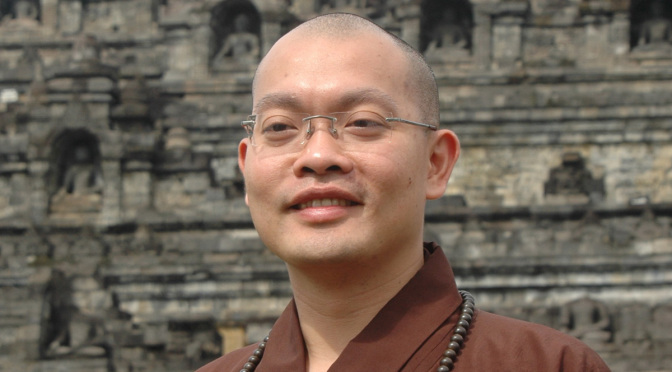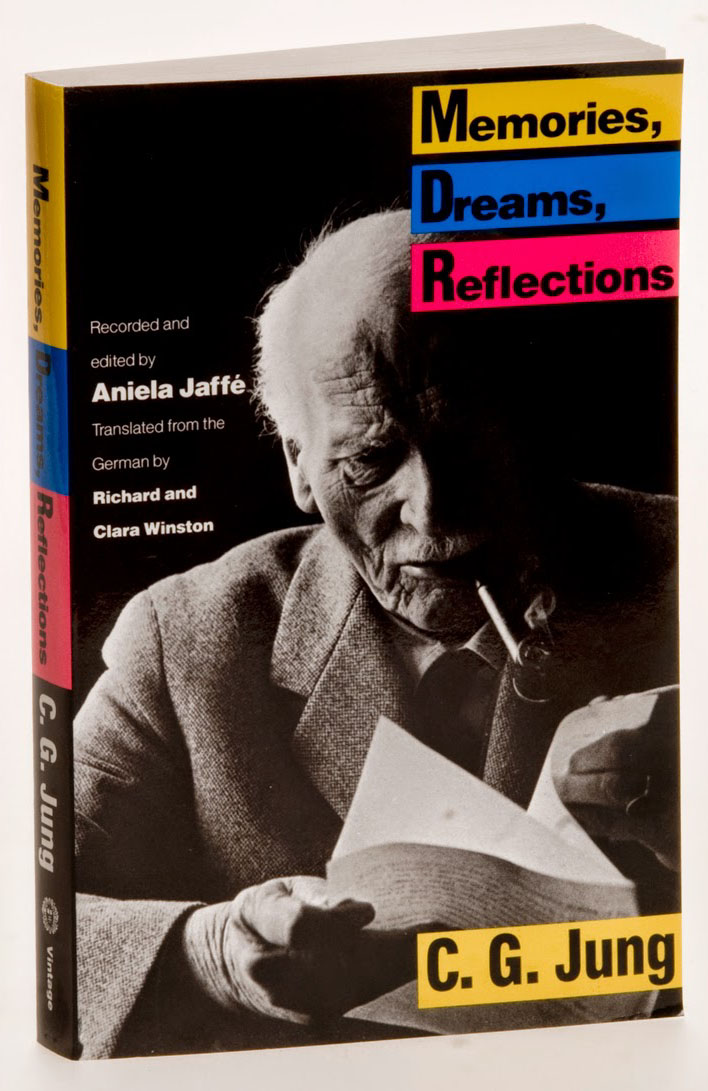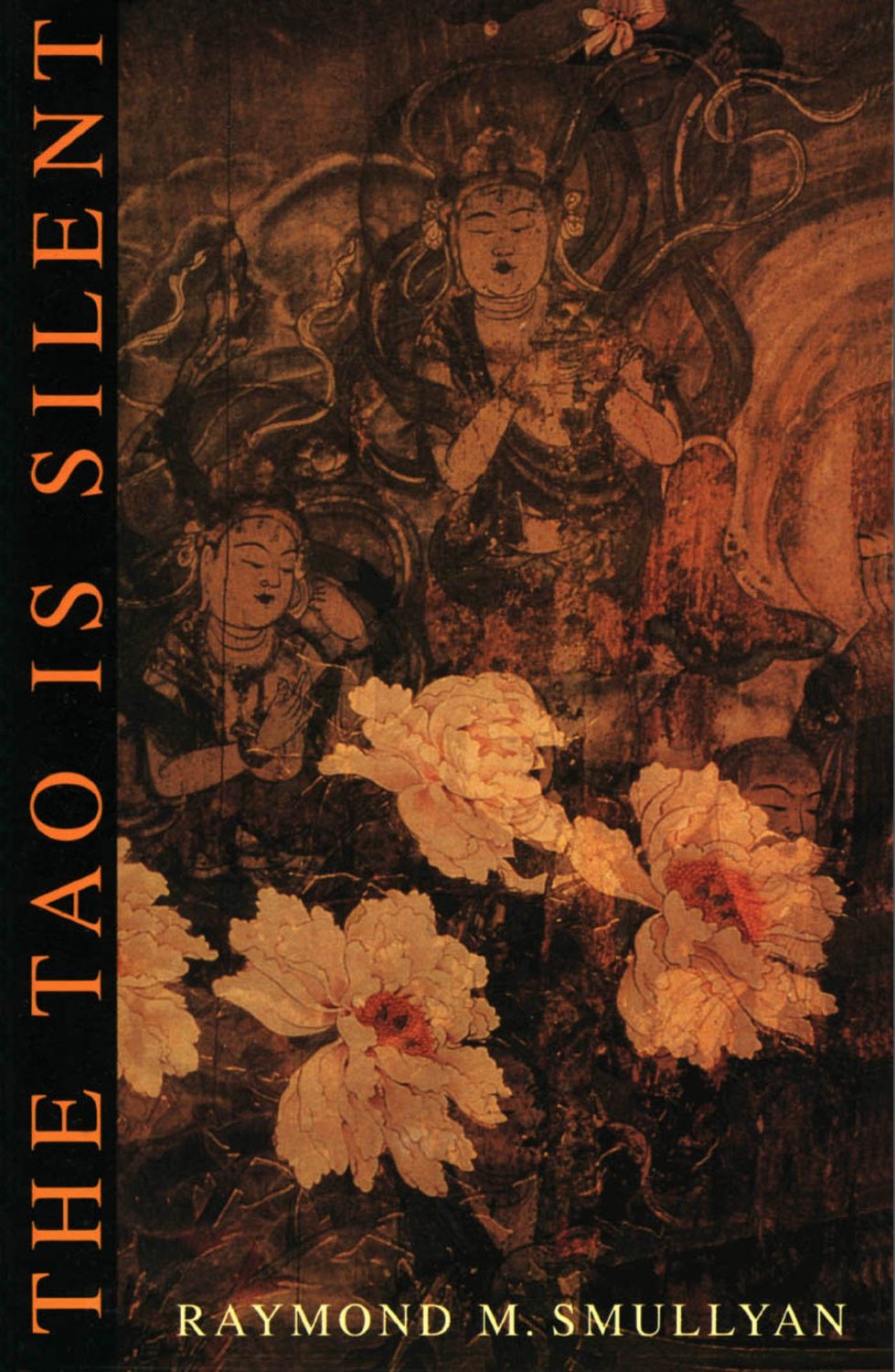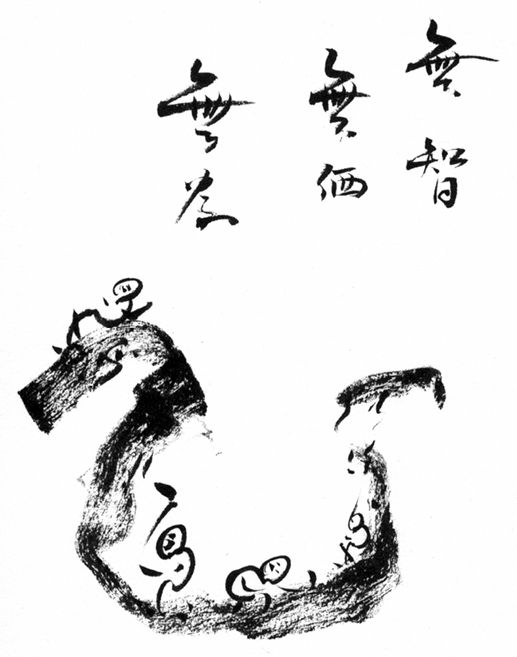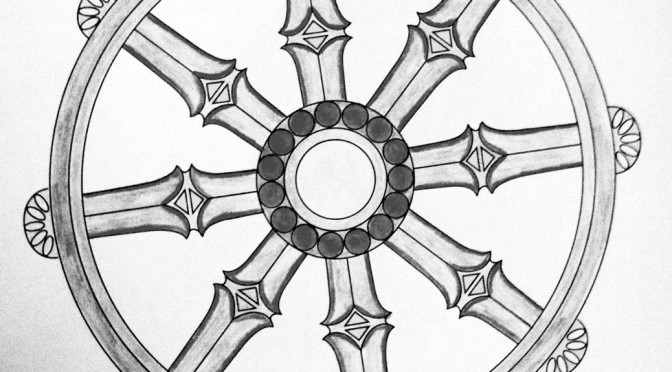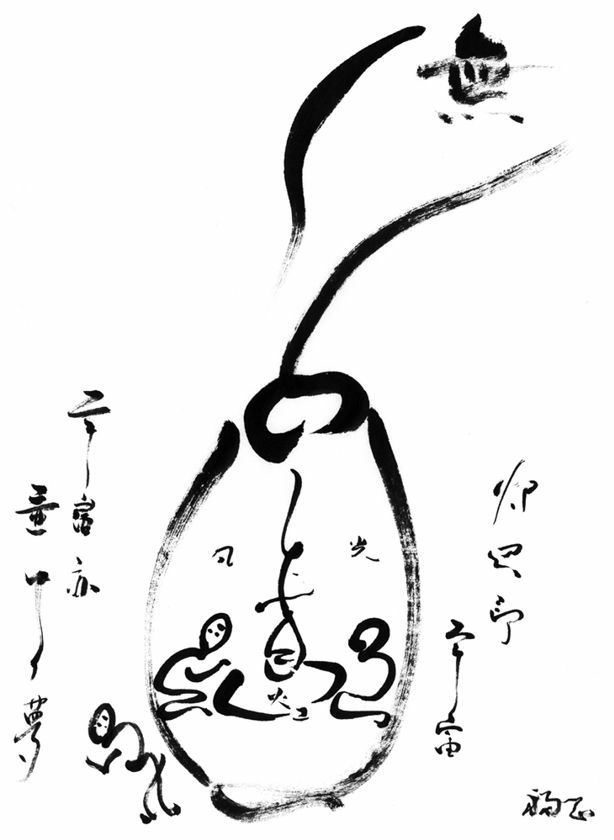IN CHAN, YOU fall in love with your breath.
You think about the breath while you’re sitting, eating, and walking. After you finish your work, you think about the breath. The breath comes to your mind. You want to get close to the breath. There is a tenderness, sweetness, and intimacy that you want to share with the breath. You want to give your time to the breath; you want to give your whole self to the breath. You want to take care of the breath. The breath is very precious, just as the person you love is precious. You treat the breath with gentleness and care.
there is a tenderness, sweetness, and intimacy that you want to share with the breath
When you cannot find the breath, you don’t get angry, in the same way that when you cannot find the person you love, you don’t get angry; you just keep thinking: Where is she? Similarly, the breath, being your most loyal and loved one, will not desert you. It will not stop searching or looking for you when you are lost. It will find you; all you need to do is just be still, and it will come to you by your side.
Give yourself to the breath as if you are giving to the person you love. Give it your life. Your everything. Have this kind of intimacy, longing, and fondness for the breath. Forgive the breath when it becomes short and rough. Do not rise up in anger against it. Accept the breath as it is. Love and accept it.
Falling in love gives you energy. It is the same when you fall in love with your breath. You think about the breath when you wake up. You are enthusiastic. You have energy.
from the moment we are born until the moment we die, our most loyal friend is the breath
Falling in love with your breath is called the meditation of love. People sometimes think that in Buddhism love is something that is frowned upon and relationships are no good. This is because relationships necessarily involve attachment and grasping, and Buddhism often teaches us to detach. We should let go of intimate relationships because they are a constant struggle, and struggle is, inevitably, a source of suffering.
Chan teaches us to love with no attachment. To care without imposing. To love in the way we love the breath.
Continue reading
